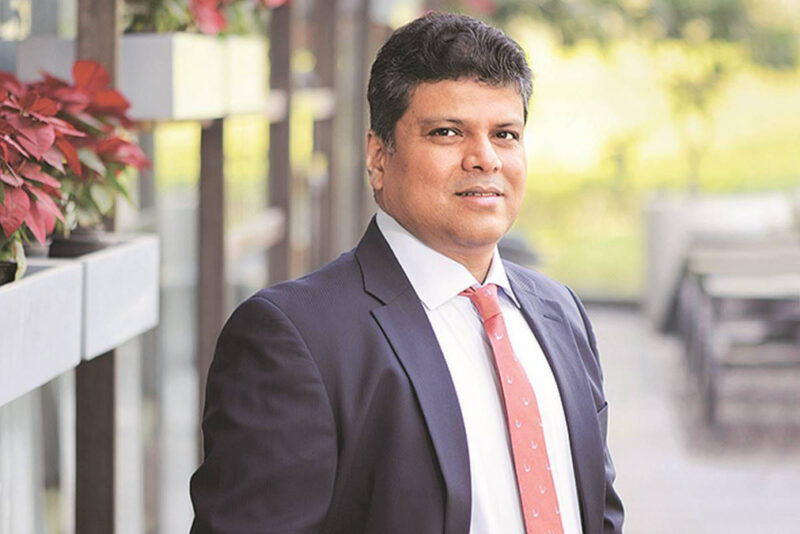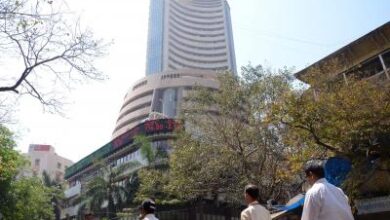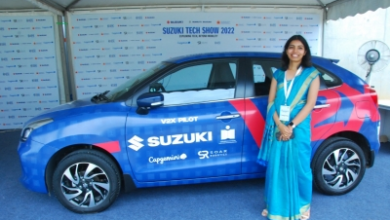80% of new smartphones will be 5G-enabled in India by 2023: ICEA

New Delhi, Dec 26: As India rides on 5G with more than 50 cities and towns now enjoying the new technology, the India Cellular and Electronics Association (ICEA) Chairman Pankaj Mohindroo said on Monday that by the end of 2023, 75-80 per cent of the new smartphone launches will be 5G-enabled.
The 5G services were launched by Prime Minister Narendra Modi on October 1.
Telecom service providers have launched the service in select cities and plan to cover the entire nation by the end of 2023 or early 2024.
“India as a nation is an early adopter of 5G technology. This 5G technology has opened a vast opportunity for a new generation of telecom equipment manufacturers, application providers, and internet of things (IoT), machine-2-machine (M2M) and healthcare services, among others,” Mohindroo told IANS.
The mobile device ecosystem was an early starter for manufacturing 5G phones.
Even before the launch of 5G services, approximately 80-100 million 5G-compatible phones were already in the market.
5G will represent around 53 per cent of mobile subscriptions in India by 2028, with 690 million users, according to ‘Ericsson Mobility Report’.
5G subscriptions in India were expected to reach around 31 million by the end of 2022.
On semiconductor industry, Mohindroo said that the Indian semiconductor market was $15 billion in 2020 and expected to reach $63 billion by 2023 at 30 per cent CAGR.
“This is a huge opportunity for the nation. The government is very focused on setting up the entire semiconductor ecosystem in the country from semiconductor fab, compound semiconductors, discrete semiconductors, assembly, testing, marking, and packaging (ATMP) units, etc,” said Mohindroo.
The India Semiconductor Mission offers an incentive outlay of Rs 76,000 crore for the development of semiconductor ecosystem in India, offering fiscal support of 50 per cent of the project cost.
“We feel that the next focus should be ensuring skilling of the workforce for the sector and incentivising the downstream value chain in semiconductor manufacturing,” he said.






